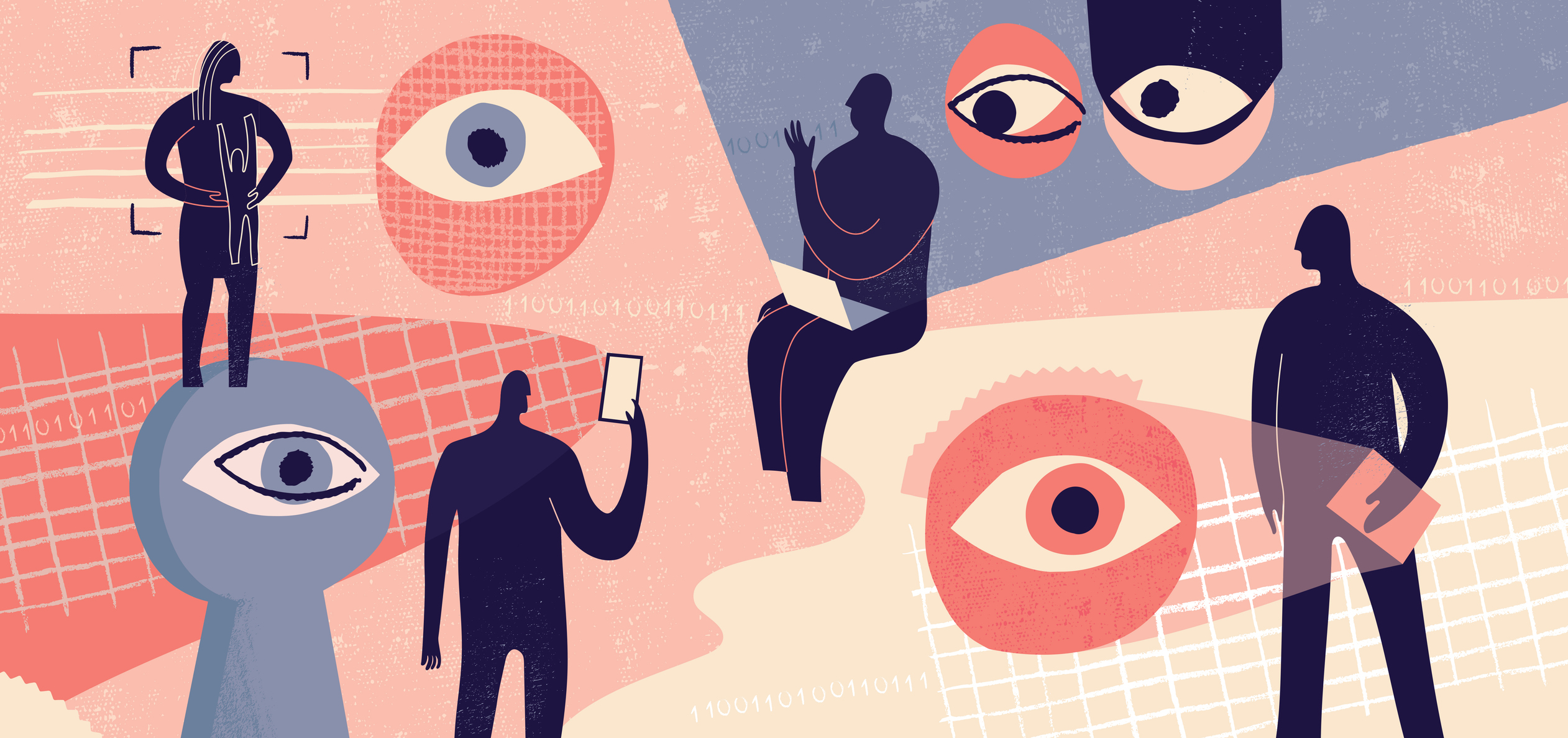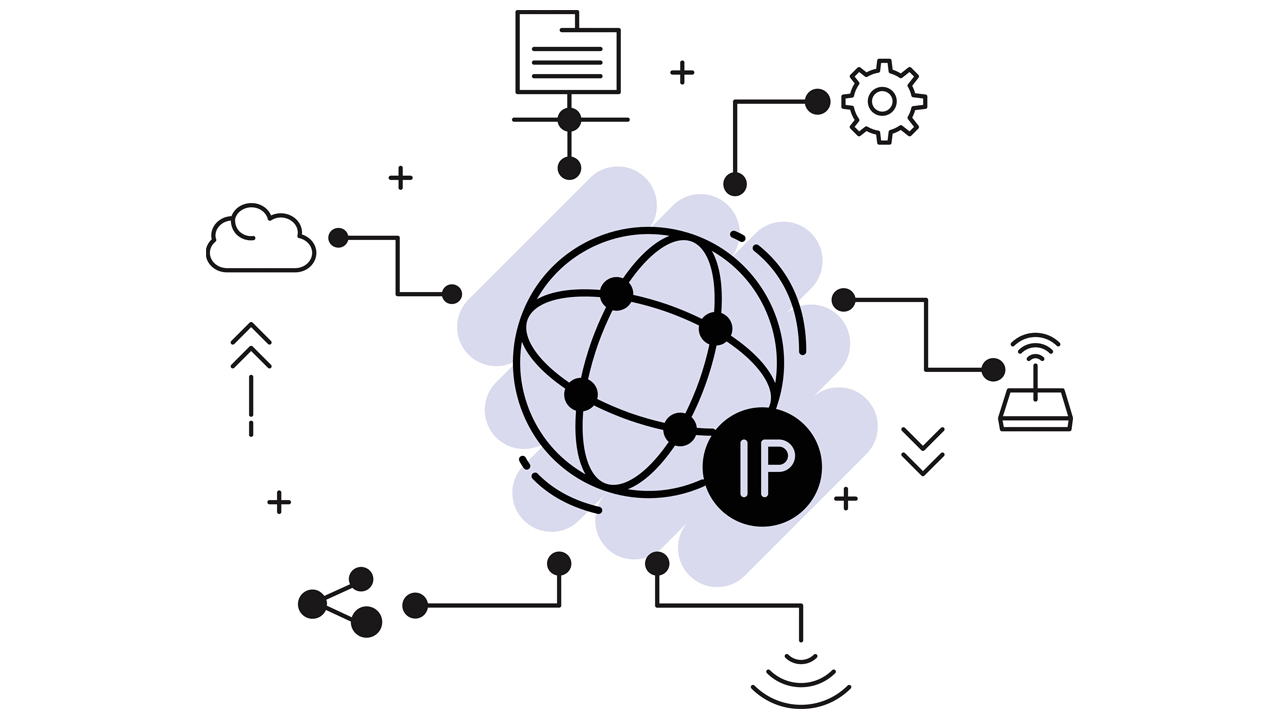What can someone do with my IP address?
Leaving your IP address publicly available can be dangerous. Here's why.

You may not realise it, but your IP address being visible is risky because everyone – including your internet service provider (ISP), the government, and curious snoopers – can use it to track what you do online. This is why privacy-conscious netizens use the best VPNs to anonymize themselves online, preventing third parties from tracking their online activities.
However, you may be asking what exactly the problem is with someone having your IP address. After all, you just use the internet for browsing and streaming – so does it really matter if your IP address is detected? The answer is, unfortunately, yes. Your IP address can be used to at best bombard you with ads, and at worst discover your actual address.
So, join me below as I walk you through what someone can do with your IP address, and why using a VPN to mask it is a wise choice.
What is an IP address?
An internet protocol (IP) address is a unique number that identifies a device connected to the internet, and it's assigned by your internet service provider. Since an IP address can identify the user's device, those who want to stay anonymous online will use a proxy or a VPN to mask their IP address.
I'd be remiss not to point out that, of the two, a VPN is the better and safer option when looking to anonymize your internet traffic. The reason is the way each of these technologies work, with VPNs encrypting your connection while proxies do not.

How can someone obtain your IP address?
Cyberthreats are becoming more difficult to spot and prevent, fueled by the development of technology.
There are numerous ways hackers and other potential malefactors can obtain your IP address, including some of the following:
- Clicking on a link. When you click on a link, your IP address is automatically given to the server on the other end.
- Clicking on an ad. Similarly, if you click on an online ad, your IP address is given to the ad provider.
- Via a web server. When you visit a site, your IP address is stored on the server for a period of time.
- Via an online form. If you complete almost any type of online form, your IP address may be collected in the process.
- Via posting on online forums. Yes – even commenting on a forum discussion can result in having your IP address revealed.
- By using unprotected or fake free Wi-Fi networks. Hackers commonly set up these networks with the intent of collecting user data.
- Via social media. Connecting to a social media site or network also reveals your IP address.
- Via P2P file sharing. The person you're sharing files with may see your IP address.
- Via social engineering attacks. Hackers commonly use psychological tactics to get you to reveal your IP address by creating urgency and prompting you to click on links, log into sites, and the like.
What happens if someone gets my IP address?
The dangers of someone getting access to your IP address are numerous, and can lead to some of these problems:
- Using your IP address to find out your location. While your IP address doesn't give away your exact location, it can pinpoint your approximate location (e.g. state, city, or zip code). Plus, if your name or username is known to the hackers, they can use your posts on social media to learn more personal information about you, and ultimately determine the precise location of your home or workplace.
- Getting ahold of your personal information. Hackers can trick service providers into revealing sensitive information about you by using your IP address as a form of verification.
- Selling your IP address and other sensitive data on the dark web. While your IP address may not be worth much by itself, it's far more valuable when added to a package of personal information with your personal information e.g. name, address, and login credentials.
- Using your IP to hack your device via the thousands of ports your IP address has. If you don't have proper security measures in place, a hacker who has your IP can compromise your network and gain unauthorized access to it. If they manage to connect to your device, they could take it over and steal your data stored therein. Alternatively, they could infect your device with malware and continue their hacking activities in secret.
- Tracking your online activity. As your IP address stays the same across the web, it could be used to track your online activity.
- Receiving personalized ads and spam from your service provider.
- Having your IP banned or blacklisted by your service provider.
- Targeting you with a DDoS attack. A DDoS attack uses an army of computers controlled by a hacker to flood your device with traffic so it disconnects from the internet and completely shuts down.
- Framing you for illegal activity. Hackers can use hacked IP addresses for illegal activities they don't want traced back to them. This means they could buy illegal substances or banned goods using your IP address.

How can I hide my IP address?
As mentioned above, you can hide your IP address by using either a VPN or a proxy. However, there's a big difference – a proxy merely masks your IP address, whereas a VPN encrypts your connection.
Here's how a proxy works: when a device such as your computer or smartphone connects to the internet, it uses an IP address. You can think of an IP address as your home's street address, which tells incoming data where to go and marks outgoing data with a return address for other devices to authenticate.
A proxy server is basically a computer on the internet that has an IP address of its own. However, proxies don't encrypt your IP address as data passes between local devices and the proxy server. This means that your real IP address is exposed as data leaves your device on its way to the proxy. As a result, proxies are less dependable than VPNs when guarding sensitive information and hiding user identities because they lack encryption.
On the other hand, a VPN creates an encrypted point-to-point (P2P) tunnel from your device to the internet, and ensures no information – including your IP address – is visible to the government, your ISP, or curious third parties. Check out our ranking of the most secure VPNs today for completely secure and anonymous online sessions.
- Olivia PowellTech Software Commissioning Editor
You must confirm your public display name before commenting
Please logout and then login again, you will then be prompted to enter your display name.
